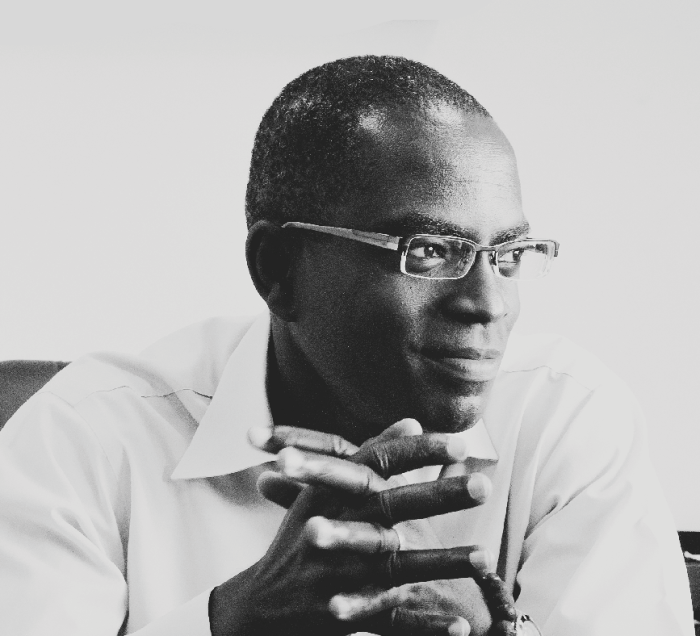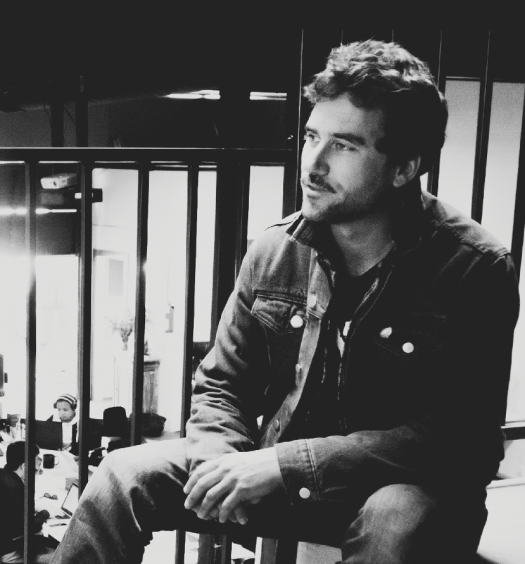Patrick Awuah: Founder and President of Ashesi University [Issue 03 Exclusive]
“If you don’t try, then you kind of fail already.”
This is Patrick Awuah’s outlook on life, and it has served him well. After growing up in Ghana, Patrick came to the United States to study at Swarthmore College and at UC Berkeley’s Haas School of Business later on. Then, he went on to work as a program manager at Microsoft, where he spearheaded the development of several technologies and projects. To top it all off, he is now the Founder and president of Ghana’s first liberal arts college, Ashesi University.
Ashesi, which means “beginning” in his native Ghanaian language, is a fitting name for Patrick’s vision for the school he created. Before the college opened in 2002, the norm for African education was for students to memorize instructions and learn hard skills. With Ashesi’s broad liberal arts offering, students now have the opportunity to develop a well-rounded foundation across studies, which is ultimately helping them become the problem-solvers needed to lead Africa into the future.
Despite some resistance from the greater Ghana bureaucracy, Patrick has succeeded in innovating the standards of higher education in Africa through the programs and systems put in place within Ashesi. In speaking about the college’s engineering program that targets women, Patrick simply said, “Why not be that institution that sets that example and breaks that mold?”
Aside from the courses themselves, a core objective of Ashesi University is to teach leadership. Patrick strives to create the nation’s future leaders by working with the Ashesi faculty to incorporate leadership values into seminars and programs at the university. With topics around leadership ethics, components of a good society, and community engagement, Ashesi prepares its students to think like leaders in all aspects of life. Patrick remarked, “In order to be a good leader of your community, you need to be a good leader for yourself. You need to ask yourself-how do you become a CEO of yourself?”
Patrick himself leads by example, as he has brought Ashesi University to a place that no African college had ventured before. Within years of the college’s opening, Patrick (along with his students), established a student honor system based on models from Princeton and other American universities. This honor system determined that no faculty would monitor exams, and students would instead hold each other accountable to not cheat on testing and to report any dishonest behavior. After two years of this honor system being in place, Ghana’s accreditation board demanded that faculty must proctor exams. After much back and forth and the risk of losing official accreditation, Patrick’s administration met with the entire student body and the greater community to determine the fate of the honor system. When it came time for a vote, every student, alumni, and parent (except for two individuals) raised their hand in favor of the honor system, which resulted in a standing ovation for the innovative university principles that would live on. Then, the university hosted a nationwide conference on ethics, well-attended by other universities, business leaders, and the press, which helped pressure the accreditation board to come to an agreement with Ashesi. Looking back, Patrick said, “All of those hurdles; they strengthened Ashesi.”
Patrick Awuah is an example of a true leader, as he is someone who changes the conversation to push past the status quo. Having left Africa to study and work in the United States, Patrick could have continued his success by staying in America, but after seeing the possibilities that lie within higher education as he experienced it, Patrick realized that Africa needed those possibilities as well. In talking about his decision to found a university, Patrick said, “I believe people should go for what they really want to do, and challenge the status quo. That is how we move societies forward.”
While Patrick’s work at Ashesi has helped spark the change towards crafting problem-solvers and community leaders within Ghana, he acknowledges that there is still much more to be done. Patrick explained, “Changing the conversation means asking the West to move beyond a focus on short-term, urgent fixes for Africa and instead look for long-term, genuine partnerships with African change-makers.”
Patrick is constantly looking for partners that can help the university grow and innovate even further. Such growth actually serves to inspire changes, both inside the student body and elsewhere around the world. From Patrick’s perspective, “It’s inspiring for the global community to see positive African projects like Ashesi, and it’s inspiring for our students to know that a global community is expecting great things from them.”
Patrick’s life mission? “To spark a renaissance in Africa by educating a new generation of young Africans to be ethical, entrepreneurial, and innovative.” By creating such a valuable and robust offering in Ashesi University, Patrick has successfully triggered what we can hope to be a renaissance that will inspire change for generations to come. www.ashesi.org




